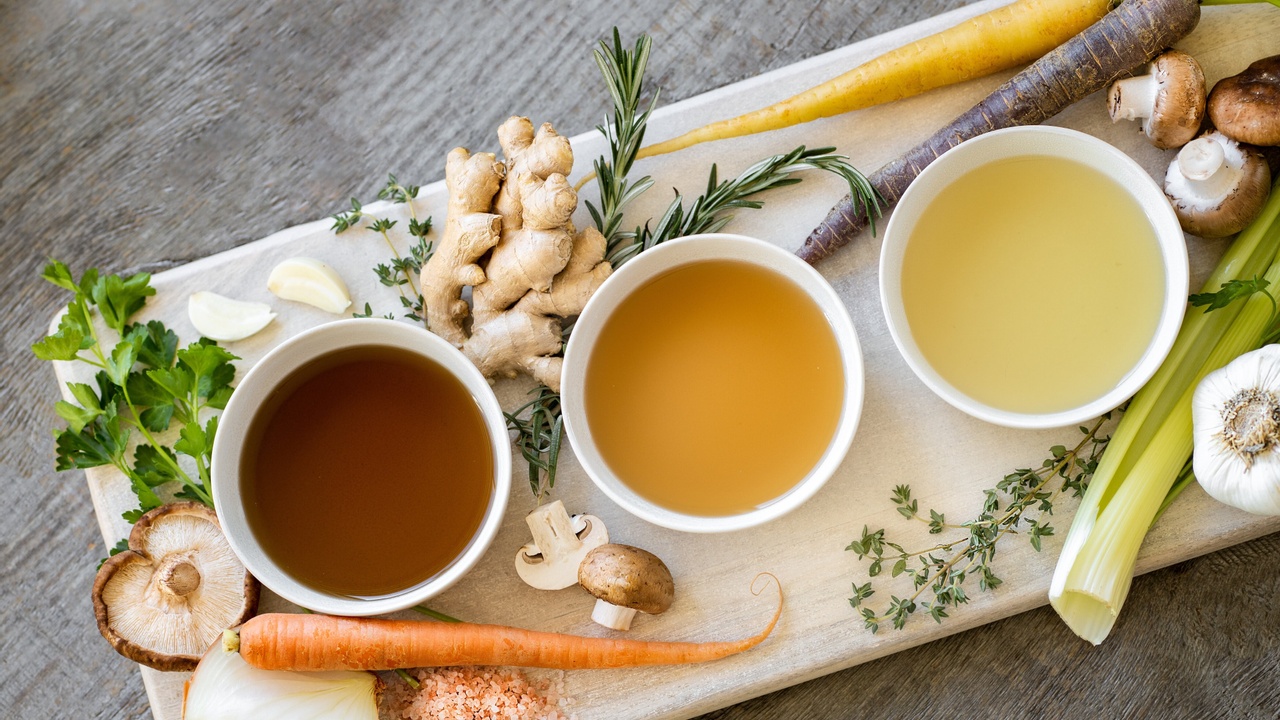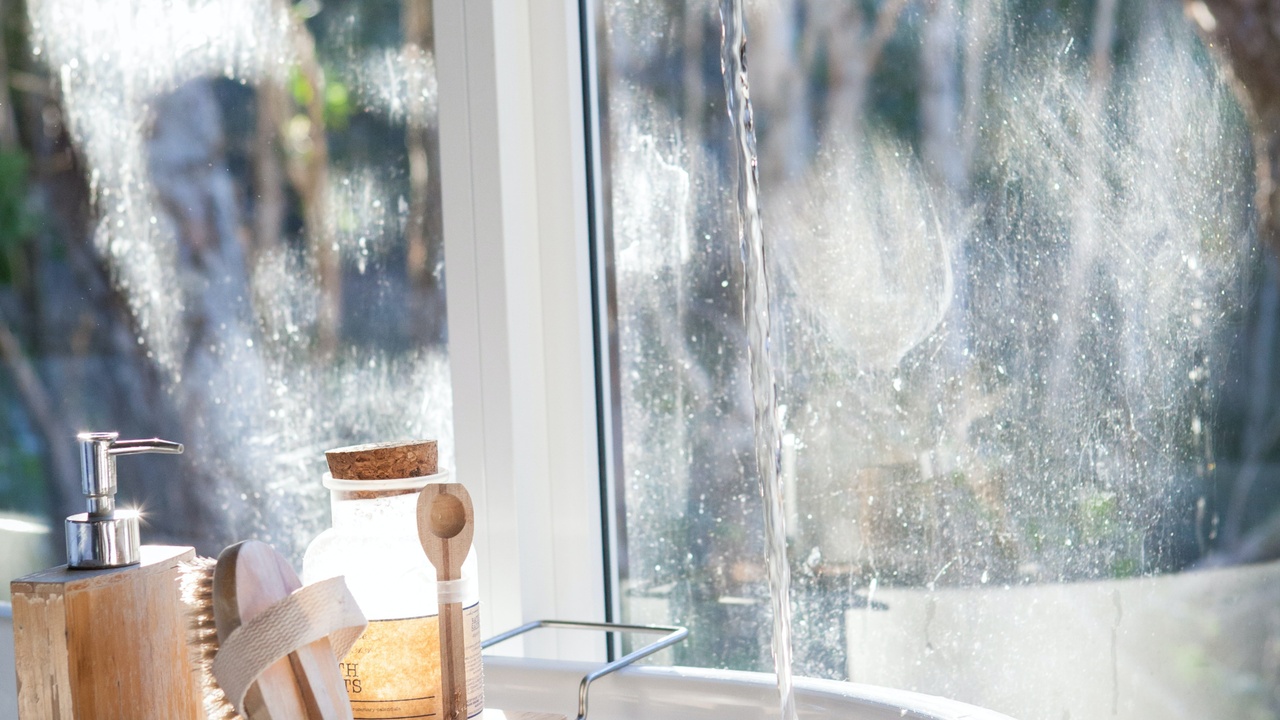Quality over Quantity
It is possible that you can spend nearly two-thirds of your life asleep yet many people place less importance on this time than their waking hours. Easy to do, after all we are unconscious, yet the quality of this time has great influence over the quality of our waking hours.
 Sleep is all about recovery – physical, emotional and energetic. In order to function fully whilst waking, we rely on the immune facilities, detoxification, tissue and muscle healing and emotional processing that occur during the wee small hours. If this downtime isn’t respected, we may quickly see symptoms like fatigue, irritability, poor concentration and poor recovery from stress, injury and skin complaints.
Sleep is all about recovery – physical, emotional and energetic. In order to function fully whilst waking, we rely on the immune facilities, detoxification, tissue and muscle healing and emotional processing that occur during the wee small hours. If this downtime isn’t respected, we may quickly see symptoms like fatigue, irritability, poor concentration and poor recovery from stress, injury and skin complaints.
Lack of sleep, even at a small accumulative level can lead to craving sugar and stimulants as our bodies try to fuel up in the face of less vitally built-up energy. Indeed too little sleep has been associated with incremental weight gain through increased appetite for this very reas...
Our Most Natural Movement
Walking is the best way to improve lower body, reproductive and digestive circulation; in fact any activity that moves the whole body around is beneficial, although cycling can restrict the pelvic area. Physiologically we are designed to walk to get the whole circulation moving and it should be regular, in short doses throughout the day. The lymphatic system does not have a pump like the bloodstream and the heart, and relies on your movement, which is therefore an important part of supporting your immune system. The naturopath Marion Kirkham states “It is the avoidance of being sedentary which is vital; so those who sit at their desks, then lie on their sofa and then go to the gym several times a week are not helping their circulation. This is inconsistent and unnatural.”
The US Surgeon General has recently recommended 10,000 steps per day and it is widely recognised that a minimum of 2 miles a day will keep your circulatory system in working order. If a per...
How often do you find yourself working over lunch or suddenly noticing that lunchtime has simply slipped by as you’re absorbed in a task?
It can seem all-important to get that job done and stopping for lunch can slip way down in priority. So if you ever find yourself gulping down a sandwich you barely taste over your keyboard, read on. The reality is that taking time away from work and nourishing your brain is the intelligent choice – skipping lunch and ploughing on is actually a false economy, leaving you depleted resources and the reduced focus that low blood sugar can bring.
 Bupa research has shown that only 30% of the average workforce taking an hour’s lunch, feeding into 48% feeling their productivity levels slump in that tricky mid-afternoon slot where they lose nearly 40 minutes of work time.
Bupa research has shown that only 30% of the average workforce taking an hour’s lunch, feeding into 48% feeling their productivity levels slump in that tricky mid-afternoon slot where they lose nearly 40 minutes of work time.
That higher number suffering the 3-4pm energy slump can also be traced back to stress levels and skipping breakfast. Along with missed lunch, these factors all add up to an interrupted s...
First published in What Doctor's Don't Tell You Magazine.
The menopause is a natural transition in a woman’s life cycle. It is not an illness, but a passing into a new phase, where we drop away from the more frenzied activity of earlier years and into a more relaxed approach. Hormone fluctuations and resultant symptoms accompany each female biological life stage and changes are felt on all levels; physically, emotional and spiritually as we take stock and prepare to move on.
Menopause follows puberty and childbirth - each is a phase where moving inwards to reflect can help us understand ourselves and make adjustments. Yoga is a system that asks us to be present and meet whatever is arising with kindness and curiosity. At a time where we may have a confused relationship with our bodies, yoga can help us move with, rather than against natural physical tides.
How our changing biology feels
Menopause is defined as the time when monthly periods have stopped for more than 12 consecutive ...
5 Natural (and free) at-your-desk Energisers – body tricks to stop you turning to the sugar and caffeine
When we’re locked into work mode with deadlines and overload, even a quick break may seem impossible.
It’s important to get up and move around, but at those times in between helping ourselves to stay and concentrate can help the achievement that also relieves stress.
Even when we’re just sitting at our desks, we’re using up masses of energy on brain power. At a normal resting state our big brains demand around 20% of our total energy expenditure.
If we’re under pressure, a stressed state can increase that energy proportion to around 70-75% as our brains are vital to survival when our bodies sense this as danger.
Running at that level, it’s easy to see how we can get the craving signals that send us towards the instant energy highs that are sugar and caffeine.
Chocolate, biscuits, tea and coffee can perk up us in the short-term, but they do add to our stress load as they rob us...
How your gut health determines your immune capacity
Digestive health is crucial to all body functions; to provide what they need and keep out potentially harmful cells and tissues. The gastro-intestinal tract (gut) is responsible for digestion, absorption and assimilation of nutrients and elimination of waste and toxins, but less known is its role in immunity – not just within the gut, but throughout our whole bodies.
Just like the skin on the outside of our bodies, the gut wall is essentially a barrier, constantly decided what is safe to allow inside and what should be kept out. Until food is absorbed into the body and remains in the gut, it is essentially outside the body – like that piece of undigested sweetcorn in the toilet bowl! Health of the gut wall (gut mucosa) is crucial for integrity of our defences and is sensitive to our emotional, stress and trauma responses.
The gut-immune-stress connection
The main anti-inflammatory part of our immune system is housed in the mucous ...
“Let food be thy medicine, and let medicine be thy food” – Hippocrates
In my blog series on Respiratory & Immune Support at Home, so far we have looked at your capacity for self-care, focus on the breath and focus on lifestyle factors to do at home. In these blogs, we have covered:
- Our respiratory system and the importance of creating energy in each of our cells.
- Our immune system – how we can help our bodies to work in harmony to be able to operate a defence system against invaders.
- Breath awareness and how every single time we inhale or exhale, each of these actions is directly linked to our immune system.
- Different types of breath and the beneficial impact they have on us, e.g. nasal breathing, mouth breathing and diaphragmatic breathing.
- The all-important factor of oral hygiene, lymphatic health and stress reduction to aid our bodies’ self-defence capacity.
This week we are looking at diet and how the food and drink we consume can support our overall health and immunity....
If you were one of those with more time to spend at home and reflect on previous habits, you may have been including self-care practices that reconnected you with your body and nature. There has been some ‘official’ talk of the importance of supporting immunity through diet and exercise, but with the focus on ‘fighting the virus’ has in many ways taken the focus away from this opportunity to understand the nature and needs of our innate immune system.
Viruses are always part of the world we live in and how we support our innate immunity is part of the call to eat, move and breathe as close to our natural design as possible. That means tuning into health not as an action (something ‘to do’), but rather an opportunity to focus inwards and find the rhythm and flow of how all of our natural defences work.
From our oral, lung, skin and gut microbiome, to our emotional states to bring down inflammatory tendencies; we can have a profound involvement with our immune expression. Cultivating c...
For those of you reading this blog during the coronavirus outbreak, my aim is to give you some useful information to help your support your optimal health. This applies during this time, but is also important on a daily basis – our respiratory and immune health can determine our quality of life. Self-care is a key part of the kind attention and self-compassion that gives us the resources to be able to care and look out for others.
It can also provide reassurance that you are taking the self-protective action that can help quell a sense of fear that can come from feeling out of control. It is important to be able to sit with and meet feelings of vulnerability (please see Brene Brown’s work on this!); we can notice what we can control, so we can develop some ease and adaptability around that which we cannot.
This ease and calm within the nervous system (and therefore the whole mind-body) is a crucial part of immune and respiratory health. This calm parasympathetic tone of the nervous s...













